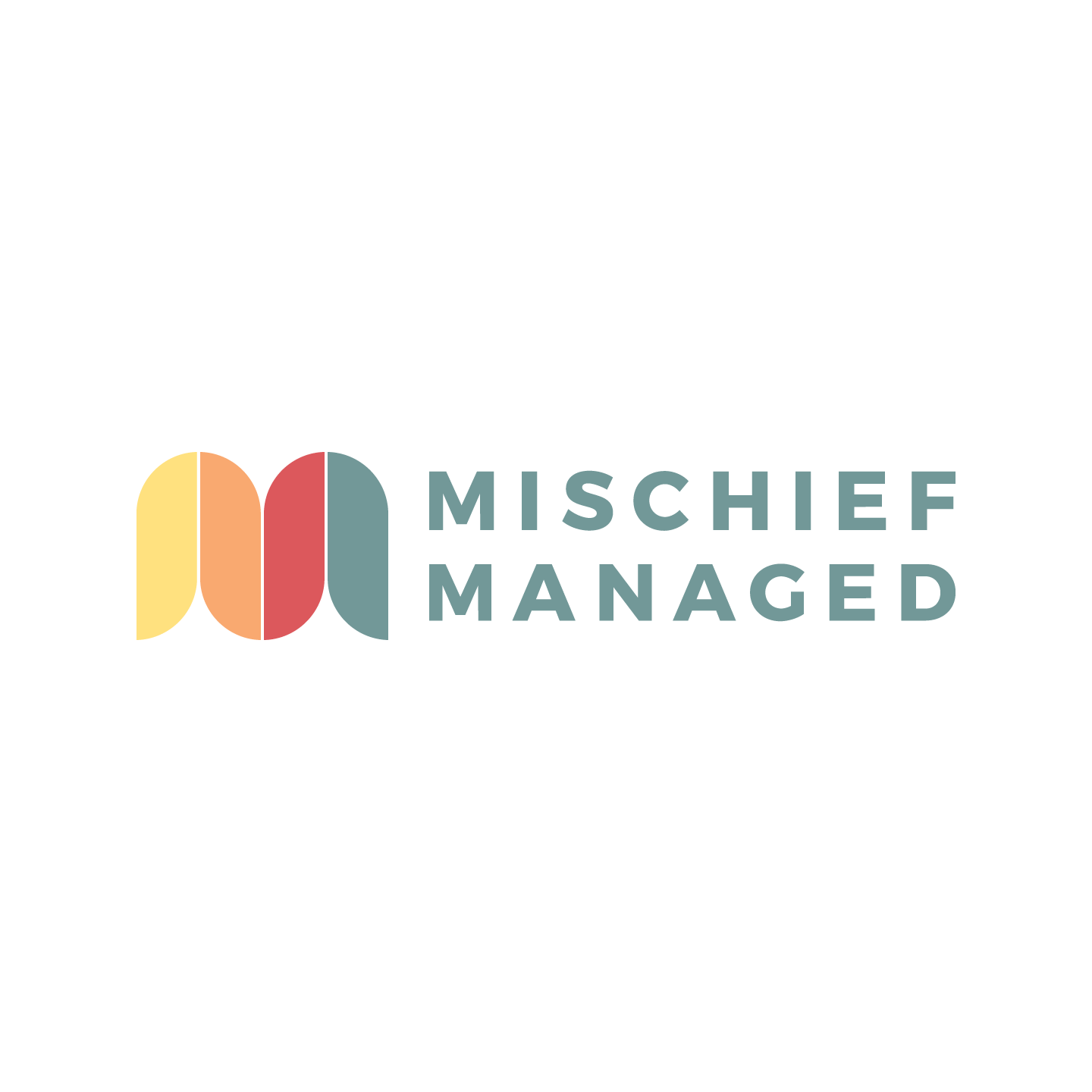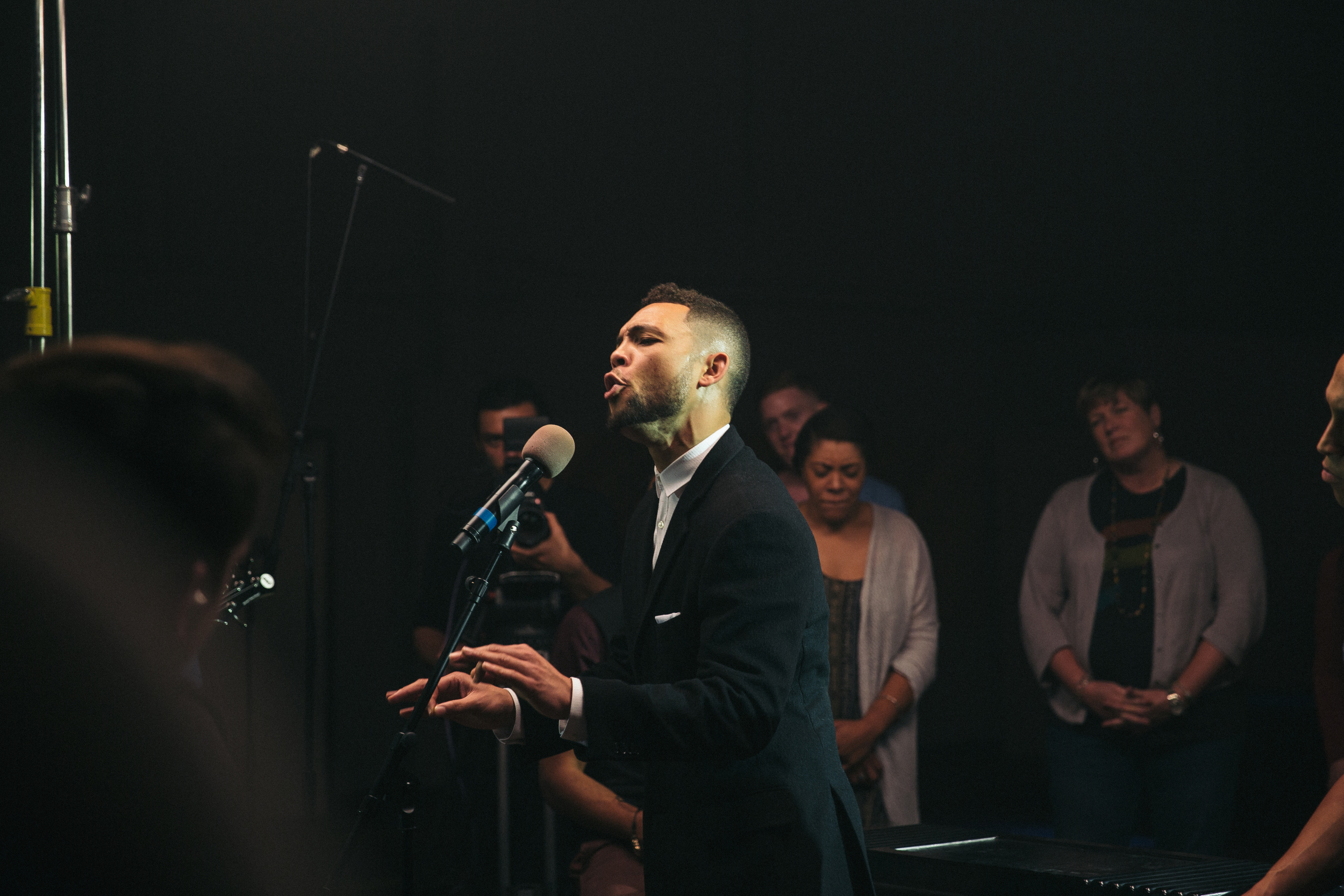Name: VICTOR ÉLAN
Industry: Theatre, Literary, Television
Location: Los Angeles, California
ME: How many years have you been working in this industry?
VICTOR: I have been working in regional theatres (Center Theatre Group and The Pasadena Playhouse) for five years now. Two years ago, I made a transition to double my priorities— meaning, I wanted to continue pushing my work as a creative young professional, but I also needed to focus and begin my career as a writer. In the last two years, I’ve completed two writing fellowships (as a PEN Center USA Emerging Voices fellow, and a LAMBDA LGBTQ Emerging Writer). I have also completed three playwright commissions, and I’m working on completing two more this year (2016). Within this work, I also decided that television writing can be a field that sustains my life as a writer, and therefore I’ve enrolled in the UCLA Extension Writers Program and have completed one year of TV Writing courses (drama).
ME: How many people are currently on your team?
VICTOR: I began to intentionally build a working relationship with a talent manager in January, 2016. We have weekly conversations were we check in on the status of my writing projects, talk about the pipeline of upcoming projects, discuss trends, and he relays the industry's needs based on conversations he is having with network executives and other managers/agents. He has also been a guiding light as I’ve completed my pilot for a fast-paced political international drama titled BELIEVER, and as I begin working on others. We are just now entering the part of our working relationship where he and I will begin taking meetings with executives as I now have polished projects to show for.
I also began to intentionally build relationships with other writers, theatre professionals, and television executives. For me, relationships are important because they lay the foundation for a future of partnerships and potential collaboration. Through this I have formed a recent team with a marketing expert at FOX, an actress from HULU’s East Los High who will direct, a grammy award winning musician and composer, and a production company to produce a short animated film inspired by a play I wrote in 2013. The tie in— our passion for an increased awareness about Alzheimer's research and the deaf and hard of hearing community. Not all conversations that bind us are about our ambition regarding the industry. The things that bring us together are the very things that make us human, our passions and our ability to change awareness and the world around us.
Additionally, there is a high level of self care involved in the pursuit of ambition. This is an awareness we must all have— the realization that in order to maximize results, we must first and always take care of ourselves. There are many great friends in my team, those whose council I seek in challenging times. I also have a psychic/spiritual advisor, a cranial sacra therapist, and friends who check in on my eating habits and workout routines.
ME: When you feeling like giving up what keeps you going?
VICTOR: Giving up is not an option. That does not mean it is always easy to continue. When times are challenging I branch out by delegating and asking for support. Three and a half years ago I was involved in a terrible car accident that left me so weak and injured that I could not carry a book in hand. I had to slow my life down; I had to make ‘healing’ a priority. No one ever teaches us how to heal; we are not taught how to slow down to make room for healing. For eight months straight, I had to learn how to make room for four chiropractic, acupuncture, physical therapy appointments a week. I had to learn how to ask for help, how to be transparent about my abilities, how to say No, and how to say Yes with modifications (stating the parameters of my abilities). This was a tremendous lesson. Now, I’ve learned how to be very transparent about my abilities, and more so— I’ve learned to ask for help. When I feel like giving up, I ask for support, I ask for help, I build out and make sure I have a support team that can strengthen the goal.
ME: What is the one thing people didn’t warn you about?
VICTOR: I should not take things personally. Most times, people make choices based on their needs, desires, flaws— and when it affects me, I should never take it personally.
ME: Who or what inspires you?
VICTOR: Shonda Rhimes inspires me, Obama inspires me, individuals who carry out their civic responsibilities in their work inspire me. My grandmother and grandfather inspire me. I often times think about the tremendous struggle migration must have been for them. They decided to leave Mexico and come to Los Angeles with nothing but a suitcase and their children. How many of us can simply carry our lives in a suitcase, and arrive in a new country without resources, language, and a known/promised future? That risk is incredible. Their choice to take that risk is often a meditation for me. I think about the huge leap our family has made because of that simple choice, and the stalwart investment they then made throughout a lifetime to sustain that choice, to carry it out, to see the fruit of their labor in the establishment of a family in the United States of America. Their struggle is vast, it makes any risk I could ever take feel small, it makes it feel conquerable. I am inspired by that choice every day.
ME: What has been one hard knock moment?
VICTOR: I resigned from Center Theatre Group in 2013. This was a leap of faith as I needed to take time to restructure my life, as I was acknowledging my need to prioritize my career as a writer, too. My job there was not able to support any other part of me, and that was okay— I couldn’t take it personally. I had to walk away. I was unemployed for three months. I had landed a very competitive 8 month writing fellowship, but it did not support me financially at all. I took the leap regardless. My family and friends helped me get through this tumultuous phase. That, and the book “War of Art” really helped me reprogram the way I thought about being a creative professional. During this time, I notified my entire network about the changes in my life and asked them to share with me any open positions that might serve the new life I was trying to build. Three months later, four friends recommended me for the same job. I took notice, applied, interviewed, and began working in the Artistic Department at The Pasadena Playhouse. I walked into my interview and was transparent about my new priorities. They appreciated my transparency and hired me. We structured, and have continued to structure my contracts and salary there to fit my personal/creative needs, while I achieve and really— exceed— the goals laid out each year.
ME: How do you stay organized as a freelance artists?
VICTOR: I have two planners (Moleskin Weekly Notebook and Self Journal by self journal.com). For me, it is important that my planners are tactile. I have to be able to see them, feel them, scratch things off, take notes, add notes, color code... One is a weekly view— it allows me to scan the week and month for things I have to be aware about. The other, is a daily planner, one that asks me to state what I am grateful for that day, and asks me what I will do that day to achieve my three overall goals for the year. These two allow me to see the micro and the macro— they allow me to be move steadfast, and still take time to acknowledge the small wins that build towards victory.
ME: How would you define success?
VICTOR: Success, for me, means being able to stand tall with a strong network of support and community behind you, one that feeds you, and one that you feed, too.








